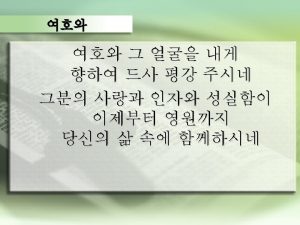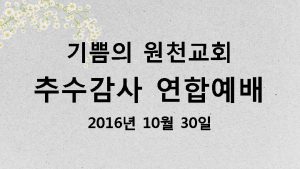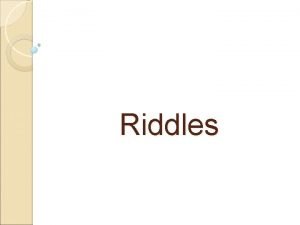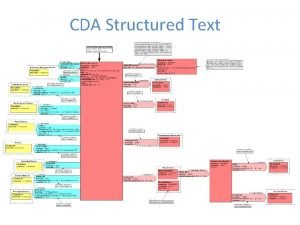Poetry Continued More common structured styles of poetry









- Slides: 9

Poetry Continued More common structured styles of poetry

Haiku • The Haiku originated in Japan. One of the first great writers of this type of poem was a man named Basho. He lived from 1644 -1694. • The traditional Haiku consists of three lines. The first and third lines usually contain five syllables while the second line contains seven syllables. Basho's Haikus often reflected some aspect of nature or a season.

Now then, let's go out (5 syllables) To enjoy the snow…until (7 syllables) I slip and fall. (4 syllables) Basho

Your turn!

Limerick • A limerick is a humorous poem consisting of five lines. The first, second, and fifth lines must have seven to ten syllables while rhyming and having the same verbal rhythm. The third and fourth lines only have to have five to seven syllables, and have to rhyme with each other and have the same rhythm.

Limerick “There was an Old Man with a beard Who said, 'It is just as I feared! Two Owls and a Hen, Four Larks and a Wren, Have all built their nests in my beard!’” Edward Lear

Limerick • A limerick consists of five lines - although the third and fourth line may be written as one. The rhyme scheme is aabba. Lear often used the same word to end the first and last line. • Rhyme Scheme: look at the last word of each line. Words that rhyme are given the same letter of the alphabet beginning with the letter a. • i. e. Beard, Feared, and Beard all rhyme= the letter a. • Hen and Wren rhyme= the letter b.

What problem can you hear/see with this one? “There was a Young Lady of Dorking, Who bought a large bonnet for walking; But its colour and size, So bedazzled her eyes, That she very soon went back to Dorking. ” Lear

Your turn! Hand in both poems with your name on your sheet!!!
 Lirik lagu more more more we praise you
Lirik lagu more more more we praise you More more more i want more more more more we praise you
More more more i want more more more more we praise you Types of interviews structured semi structured unstructured
Types of interviews structured semi structured unstructured How can we integrate oop with sd/sa ?
How can we integrate oop with sd/sa ? Public speaking is more highly structured
Public speaking is more highly structured Imagine by kamilah aisha moon
Imagine by kamilah aisha moon 5 apples in a basket riddle
5 apples in a basket riddle The more you study the more you learn
The more you study the more you learn Aspire not to have more but to be more
Aspire not to have more but to be more Newton's first law example
Newton's first law example
















